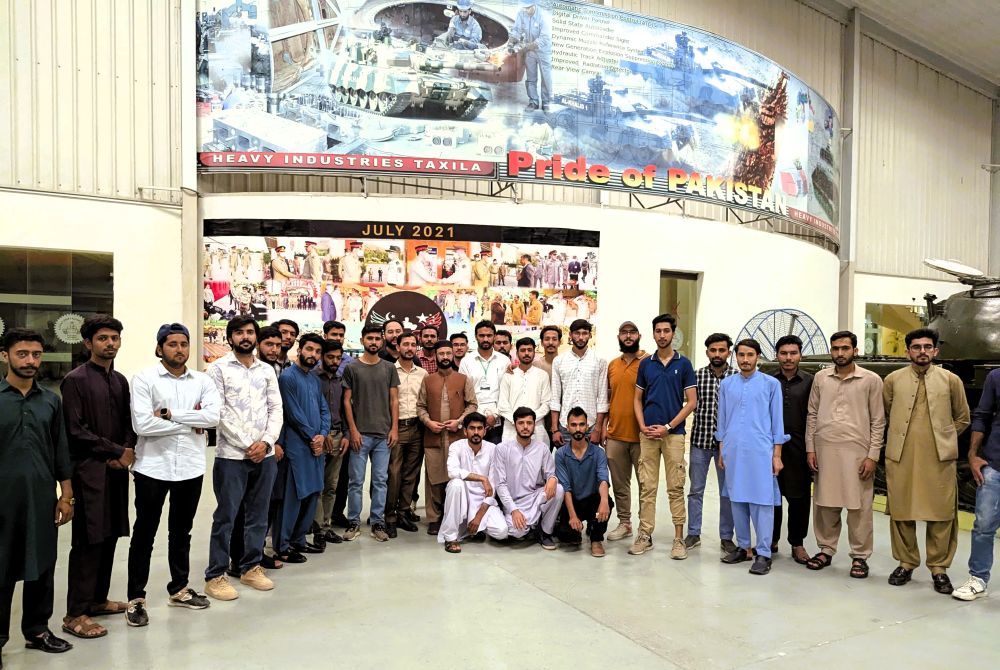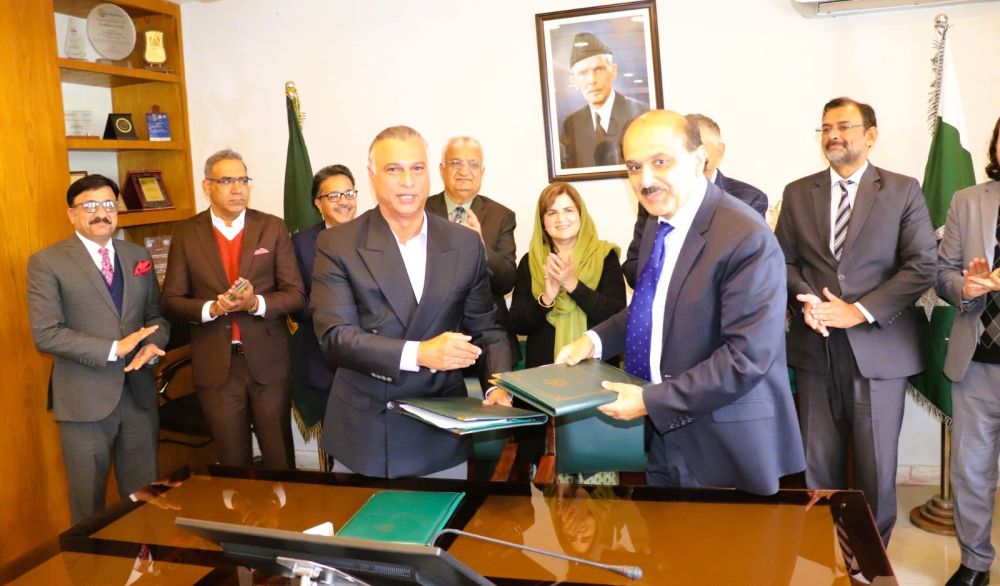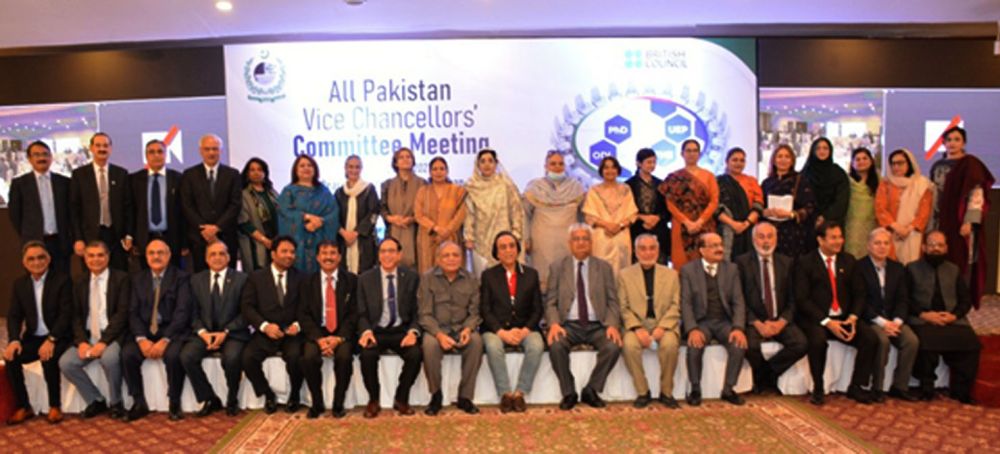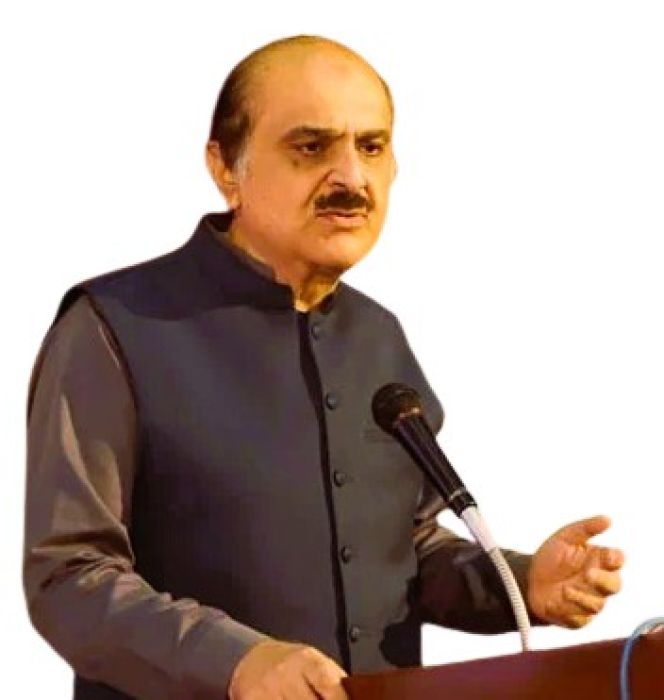79/25 Academia-Industry Nexus: How NSU is Building Industry-Ready Technologists?
Posted 9 months ago
Students from the National Skills University Islamabad's Department of Mechanical Engineering Technology (MET) embarked on an industrial exposure visit to Heavy Industries Taxila (HIT), Pakistan's premier defense manufacturing complex. Under the guidance of Dr. Irfan Ahmad Gondal, Chairman of the MET Department, the visit served as a field trip and an immersion into the intricate and high-stakes world of military hardware production.
According to the NSU Vice Chancellor, we understand that higher education often struggles to stay aligned with market realities. That's why we believe in exposing students to real-world applications of their skills. During their visit to HIT, students didn't just stand amidst the thunderous pulse of the Tank Manufacturing Division and the meticulous choreography of the Armoured Personnel Carrier (APC) Assembly Line. They saw concepts from their textbooks spring to life in steel and hydraulics, reinforcing the practical nature of their education.
More than just passive observers, future technologists from the NSU were briefed about the operational logic of modern defense manufacturing: machining, welding, electronics integration, and quality control, all synchronized in a symphony of Mechanical industrial discipline. And beyond the machines, there were conversations. HIT engineers and technicians briefed students on next-generation defense technologies, export initiatives, and innovations in ballistic protection.
This particular visit isn't merely about teaching students how things are built. It's about showing them why excellence matters. It's about inculcating a sense of purpose and professionalism that can only be cultivated when young technologists stand inside a facility's production lines where the stakes are national security and international reputation. This visit significantly enhanced the student's understanding of the industry and the importance of their future roles.
NSU's broader skills learning strategy embedding Supervised Industrial Training (SIT) into its final-year curriculum reflects a commendable shift in how technical education is envisioned. This is not education for education's sake. It is a deliberate, targeted effort to mold technologists ready to serve in industries that demand discipline, accountability, and innovation.
In the long run, the partnership between NSU and institutions like HIT could redefine how we train engineers and technologists in Pakistan. This kind of education doesn't just graduate students; it launches professionals. And in that lies the quiet promise of progress forged not in policy statements but in the hum of machines, the spark of welding arcs, and the wide eyes of students who now see what they can become.





